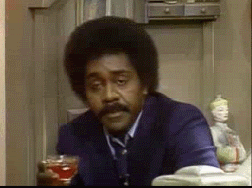Brown's attempt in 1859 to start a liberation movement among enslaved African Americans in Harpers Ferry, Virginia, electrified the nation. He was tried for treason against the Commonwealth of Virginia, the murder of five men and inciting a slave insurrection. He was found guilty on all counts and was hanged. Southerners alleged that his rebellion was the tip of the abolitionist iceberg and represented the wishes of the
Republican Party to end slavery. Historians agree that the Harpers Ferry raid in 1859 escalated tensions that, a year later, led to
secession and the
American Civil War.
Brown first gained attention when he led small groups of volunteers during the
Bleeding Kansas crisis. Unlike most other Northerners, who advocated peaceful resistance to the pro-slavery faction, Brown believed that peaceful resistance was shown to be ineffective and that the only way to defeat the oppressive system of slavery was through violent insurrection. He believed he was the instrument of God's wrath in punishing men for the sin of owning slaves.
[2]
Dissatisfied with the pacifism encouraged by the organized abolitionist movement, he said, "These men are all talk. What we need is action—action!"








